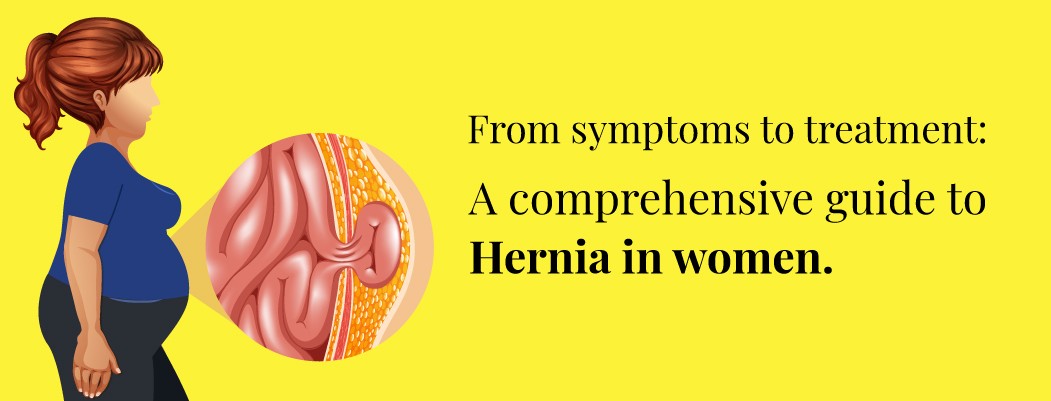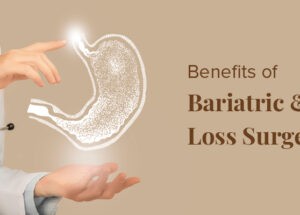Medical Gastroenterology: Treatments & Procedures
Our specialists at the gastroenterology department at Dr. Rela’s Institute and Medical Center have had an in-depth experience of many years when it comes to treating patients with digestive health disorders concerning the gallbladder, liver, small intestine, and many more. The team of doctors sits together to find the most effective treatment procedure for each patient.
We, at Dr. Rels’s Institute, give appropriate treatment for many conditions regarding gastroenterology. You can call us and book an appointment for specific treatments. We will further diagnose your condition to verify if the requested treatment is right for you.
What are the conditions treated?
Here are the various conditions of gastroenterology that can be treated:
Abdominal Pain:
Abdominal pain is quite common. It could be a mild stomach ache that would recede in a while or it could even be a very severe ache that might persist for weeks and months. In the latter case, you will have to seek the help of a doctor, especially if you are not able to move without experiencing pain. Also, do check if the pain is accompanied by the following symptoms:
- Bloody Stools
- Fever
- Loss of weight
- Yellow tinge to the skin
- Uncanny tenderness when you touch the abdomen
- Abdomen swelling
- Nausea and vomiting
Achalasia:
A rare disorder that hinders the movement of food and liquid from the esophagus (swallowing tube connecting your mouth to the stomach) to the stomach. Such a condition usually takes place when the nerves of the esophagus malfunction, leading to it becoming paralyzed and dilated. As time passes the esophagus becomes unable to push the food from the mouth into the stomach. The food could eventually get collected in the esophagus. It could then get fermented and will be washed back into the mouth at times. There is no certain cure for achalasia, but the symptoms can be controlled through endoscopy. The symptoms include:
- Unable to swallow food
- heartburn
- pneumonia
- weight loss
- frequent chest pain
- regurgitation of food or saliva
Adrenoleukodystrophy (ALD):
Adrenoleukodystrophy is a kind of genetic or hereditary condition that harms the myelin sheath, a membrane that insulates the nerve cells of our brain. As a result, your body won’t be able to decompose the very long-chain fatty acids (VLCFAs). It causes the saturated VLCFAs to collect in your brain, adrenal gland, and nervous system. There are different types of ALD, the most common type being X-linked ALD. It is caused due to a genetic disorder in the X chromosome and affects males much more severely.
Alcoholic hepatitis:
Alcohol hepatitis causes the inflammation of the liver due to excessive intake of alcohol. Alcoholic hepatitis can be seen more commonly in heavy drinkers. However, not all heavy drinkers succumb to this condition. So, if you are diagnosed with hepatitis, you will have to give up on your drinking habits. If you still continue consuming alcohol even after the diagnosis, you are a very serious risk of liver damage and even death. As for the symptoms, the most common ones are the development of yellow color on the skin and whites of the eye. Other symptoms include accumulation of fluid in the abdomen, kidney failure, loss of appetite, fatigue, and weakness.
Ampullary Cancer:
It is a rare condition. This cancer is observed mainly in an area called the ampulla of Vater, present in the digestive system. The ampulla of Vater is situated where the connection of the bile duct and pancreatic duct happens in order to empty into the small intestine. Ampullary cancer forms in various other parts of the digestive system like the liver, pancreas, etc. as it grows further. The treatment of ampullary cancer often involves extensive surgery where the surgeon removes cancer and even a large margin of healthy tissue. The symptoms of cancer include:
- The appearance of a yellow tinge on the skin and eyes
- Abdominal pain
- Rectum bleeding
- Fever
- Nausea and vomiting
- Loss of weight
Amyloidosis
Amyloidosis too is a rare condition that happens when an abnormal protein, amyloid, obstructs the normal function of organs by accumulating in them. The heart, kidneys, liver, digestive tract, etc. are the organs that are more prone to be affected by amyloids. However, amyloid is not a protein that’s usually found in the body rather it is formed from various different proteins.
While some types of amyloidosis are associated with other diseases and can be improved with treatment of the same, some others may be extremely fatal.
The treatments may involve chemotherapy along with other medications to reduce the formation of amyloid and control symptoms. Sometimes, an organ or cell transplant is also conducted.
Procedures:
Your gastroenterologist has to perform certain procedures and tests according to the symptoms shown by you. Here are some of the tests and procedures carried out as part of the treatment of gastrointestinal diseases.
Barium Swallow:
Barium Swallow is basically an imaging test. It utilizes X-rays to observe your upper gastrointestinal tract, which includes the esophagus, the back of your mouth, and throat. A small amount of radiation is used by X-rays to create images of the internal organs and the structure of the body. Fluoroscopy is also a part of a barium swallow. It is a type of X-ray that can depict the organs in motion. Evidently, the test also utilizes barium, so that the medical professional can see the areas of the body more clearly.
A barium swallow will help identify the cause for various symptoms like vomiting, pain in the abdomen, sudden weight loss, or swallowing difficulties. It helps your provider diagnose issues in the esophagus and pharynx.
Your doctor will recommend this test if he thinks you are going through the following health problems:
- Cancer concerning the pharynx, head, neck, or esophagus
- Ulcers
- Hiatal hernia
- Muscle disorders
- Structural problems, like pouches or a certain growth
- Achalasia
- GERD
Upper GI Endoscopy:
As the name suggests, this procedure helps diagnose and treat issues in your gastrointestinal (GI) tract. The upper GI tract comprises the food pipe, stomach, and a part of your small intestine called the duodenum. This endoscopy is performed using a long tube called the endoscope. The tube has a small torch-like light at the end along with a camera to depict the video images on a screen. This tube is then put into your mouth and is slowly passed into the esophagus, stomach, and duodenum through the throat. This method is used to diagnose and identify the cause of symptoms and conditions like:
- Strictures or blockages
- Bleeding the upper GI tract
- Sudden weight loss
- Chest pain
- Tumors ( could be cancerous or non-cancerous)
- Celiac disease
- Infections in the upper GI tract
- Swallowing difficulties
Colon Cancer Screening and Colonoscopy:
This exam is conducted using a flexible tube-like instrument. It helps you take a look inside the rectum and colon for any polyps, cancer or other abnormalities. Tissue samples can be then collected via biopsy and later the abnormal growths can be detached and removed from your body.
Endoscopic retrograde cholangiopancreatography (ERCP):
ERCP is a process used to diagnose and treat problems in areas like the liver, gallbladder, bile ducts, and pancreas. This test uses a combination of the X-ray and endoscope. As mentioned earlier, your doctor will slowly push the endoscope through the mouth and throat to the esophagus, stomach, and duodenum (part of the small intestine). Your doctor can get a video image of the organs, after which your doctor passes a tube through the endoscope and injects a dye to see the organs much clearly on X-ray. ERCP can help find the following:
- The cause of abdominal pain
- The cause for yellowing of the skin
- Leakage of fluids from pancreatic or bile ducts
- Tumors
- Stones or obstructions in bile ducts
- Infection in the bile ducts
Winding Up
Gastrointestinal diseases aren’t trivial health issues. It is always advisable to seek medical health if you observe any related symptoms to be on the safer side. Remember timely diagnosis and treatment is very important to sustain life.
If you are looking for the best gastroenterologists, then Dr.Rela’s Institute and Medical Centre is the right choice. Do meet our team of specialists for top-notch diagnosis and treatment. Let’s not wait longer. Book your appointment today itself.









